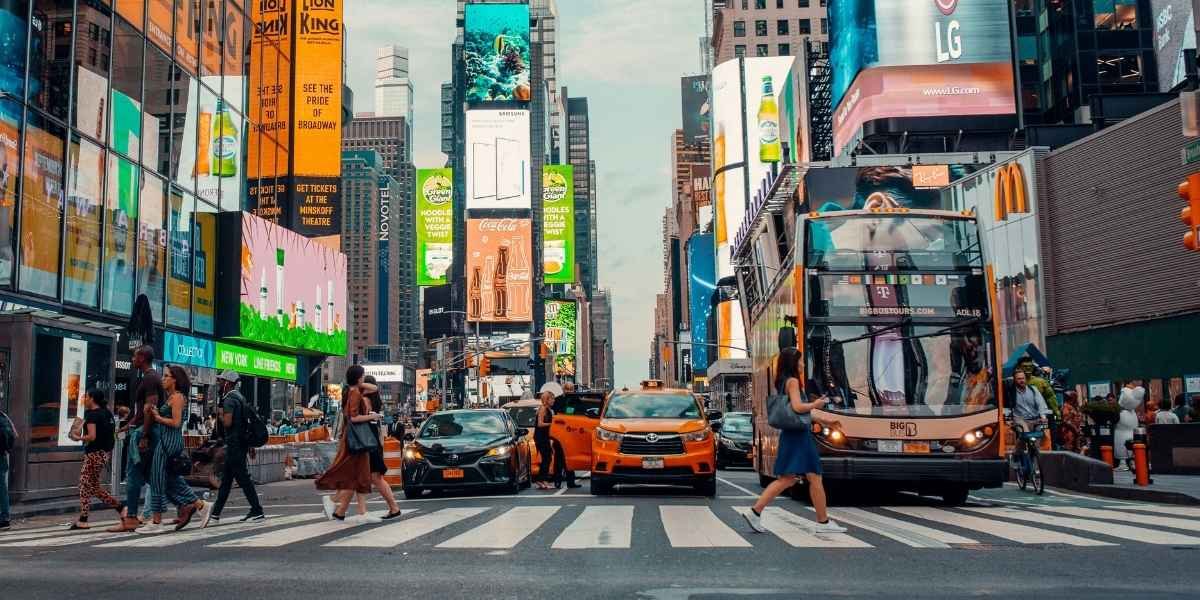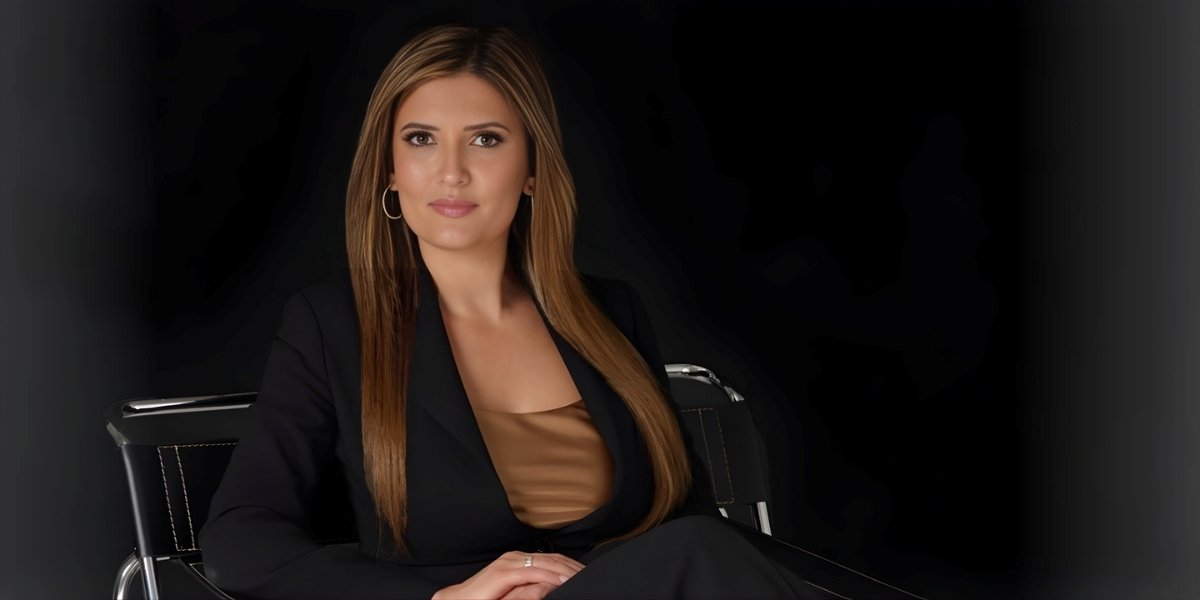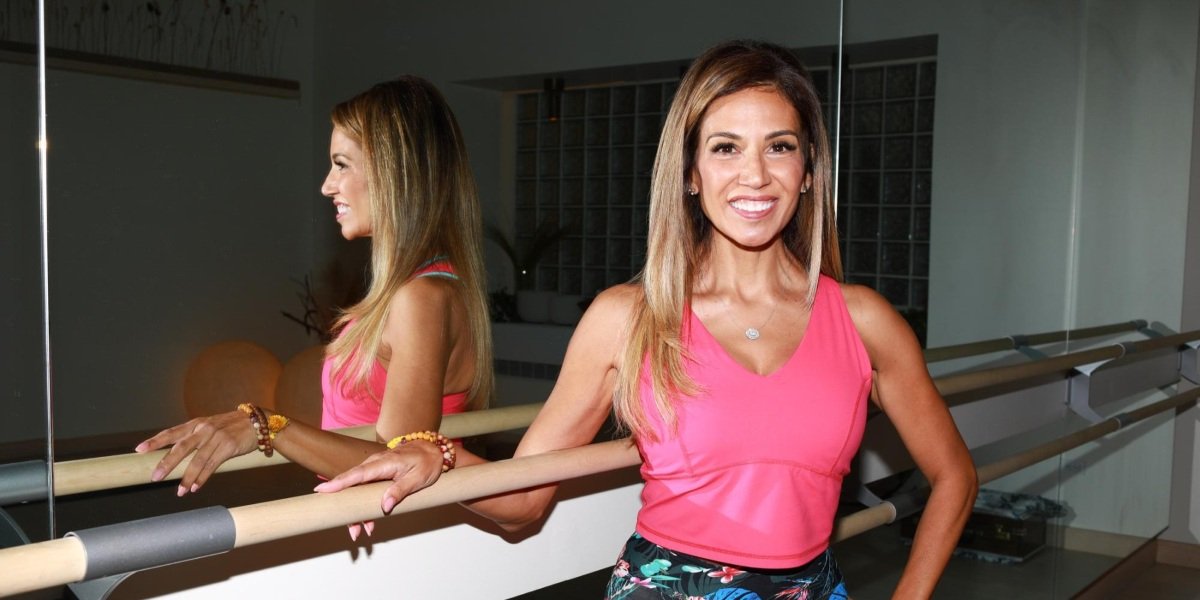The luxury market is undergoing profound changes, driven by a growing awareness of environmental and ethical issues. As consumers become more mindful of the impacts of their purchases, luxury brands are responding by integrating sustainable practices into their core operations. This shift is not just about adhering to regulations; it’s about redefining what luxury means in today’s world. The shift from luxury to sustainability reflects a broader change in consumer values, where their ethical and environmental credentials measure the prestige of luxury goods. In this transition, FashioNica is setting new standards in the industry, pushing luxury brands to innovate and adapt in ways that align with the demands of the modern consumer.
Defining Luxury Shopping
Luxury shopping has long been synonymous with exclusivity and opulence, offering consumers high-end products that are as much about status as they are about craftsmanship. Historically, this sector has thrived on the allure of rarity and the craftsmanship of skilled artisans. However, as people become more environmentally conscious and ethically driven, the concept of luxury has begun to change. This shift reflects a growing recognition of the impacts of consumerism on the planet, prompting luxury brands to integrate sustainability into their business models.
The transition towards sustainable luxury took time. Initially met with skepticism, the idea of melding sustainability with luxury seemed contradictory to many. Luxury was about the best, often without regard to cost—environmental or financial. Yet, as consumer awareness has increased, so has the demand for brands that align with broader values of environmental stewardship and social responsibility. This change has set the stage for a new era in luxury shopping, where sustainability is becoming as integral as the luxury experience itself.
Amidst this backdrop, several pioneering brands have begun to lead the way, redefining what luxury means in the modern world. These companies are not only adapting to but also shaping consumer expectations, showing that luxury and sustainability can indeed go hand in hand. As this trend gains momentum, it continues to influence the broader landscape of luxury shopping, promising a future where luxury and sustainability are no longer seen as mutually exclusive.
Drivers Behind Sustainable Luxury Practices
The push towards sustainable practices in luxury shopping is driven by consumer preferences and increasing regulatory pressures. Governments worldwide are setting stricter environmental standards that luxury brands must adhere to, catalyzing a shift towards more sustainable business operations. This synergy of market demand and regulatory conditions has accelerated the adoption of green practices in an industry once known for its less-than-stellar environmental footprint.
Simultaneously, technological innovation has become a cornerstone of sustainable luxury. Advances in technology are making it more viable to produce high-quality, sustainable products that meet luxury standards. These innovations include the development of eco-friendly materials that do not compromise on quality or aesthetics, such as lab-grown diamonds or recycled precious metals, which maintain the allure of luxury while reducing environmental impact.
Luxury Brands Adopting Sustainability
Within the luxury sector, multiple brands have stepped up, demonstrating that sustainability can be a part of their identity without diluting their brand value. A prominent European fashion house has successfully integrated organic fabrics into its collections, maintaining its high standards while appealing to eco-conscious consumers. Their latest lines not only embody elegance but also tell a compelling story of environmental responsibility, which has resonated well with both new and loyal customers.
Another notable example includes a luxury watchmaker known for its precision and prestige, which has adopted ethical labor practices. This shift not only enhances their brand reputation but also sets a benchmark for the industry, showing that ethical practices and luxury are not mutually exclusive. By committing to fair labor practices, this brand has strengthened its consumer trust and highlighted a path that many other luxury brands are beginning to follow.
Balancing Challenges: Exclusivity Versus Ethics
The luxury market has always been defined by its exclusivity, which traditionally meant limited runs and unique items. However, the integration of ethical practices poses significant challenges. Brands must now balance the rarity that gives their products a unique appeal with the need for broader sustainability. This paradox is reshaping how luxury brands approach production and marketing, helping them balance their exclusive allure with adherence to ethical standards.
Future Trends in Sustainable Luxury Shopping
Looking ahead, the trajectory for sustainable luxury shopping seems poised for significant changes. Technological advancements are expected to play a pivotal role, with innovations like blockchain for supply chain transparency and AI for sustainable material development at the forefront. These technologies could dramatically transform how luxury goods are produced, traced, and authenticated, supporting a greener footprint while enhancing consumer trust.
As consumer values continue to shift towards sustainability, luxury brands are likely to see a corresponding change in market dynamics. This shift may redefine what it means to be a luxury brand in the 21st century, with sustainability becoming a core element of brand prestige and desirability among discerning consumers. The brands that can navigate this shift effectively will not only contribute to environmental stewardship but also capture the hearts and minds of the next generation of luxury consumers.
Published by: Nelly Chavez















